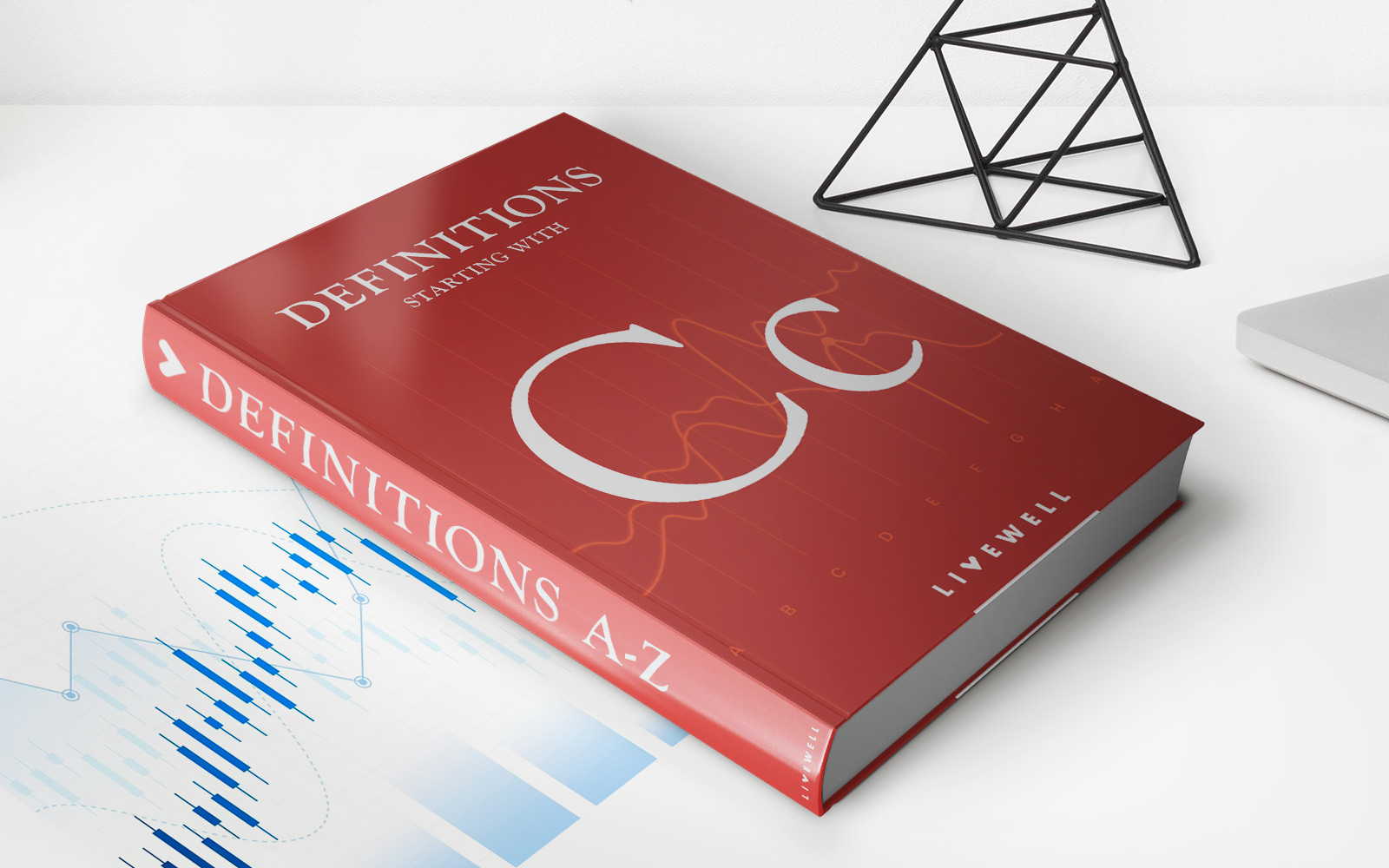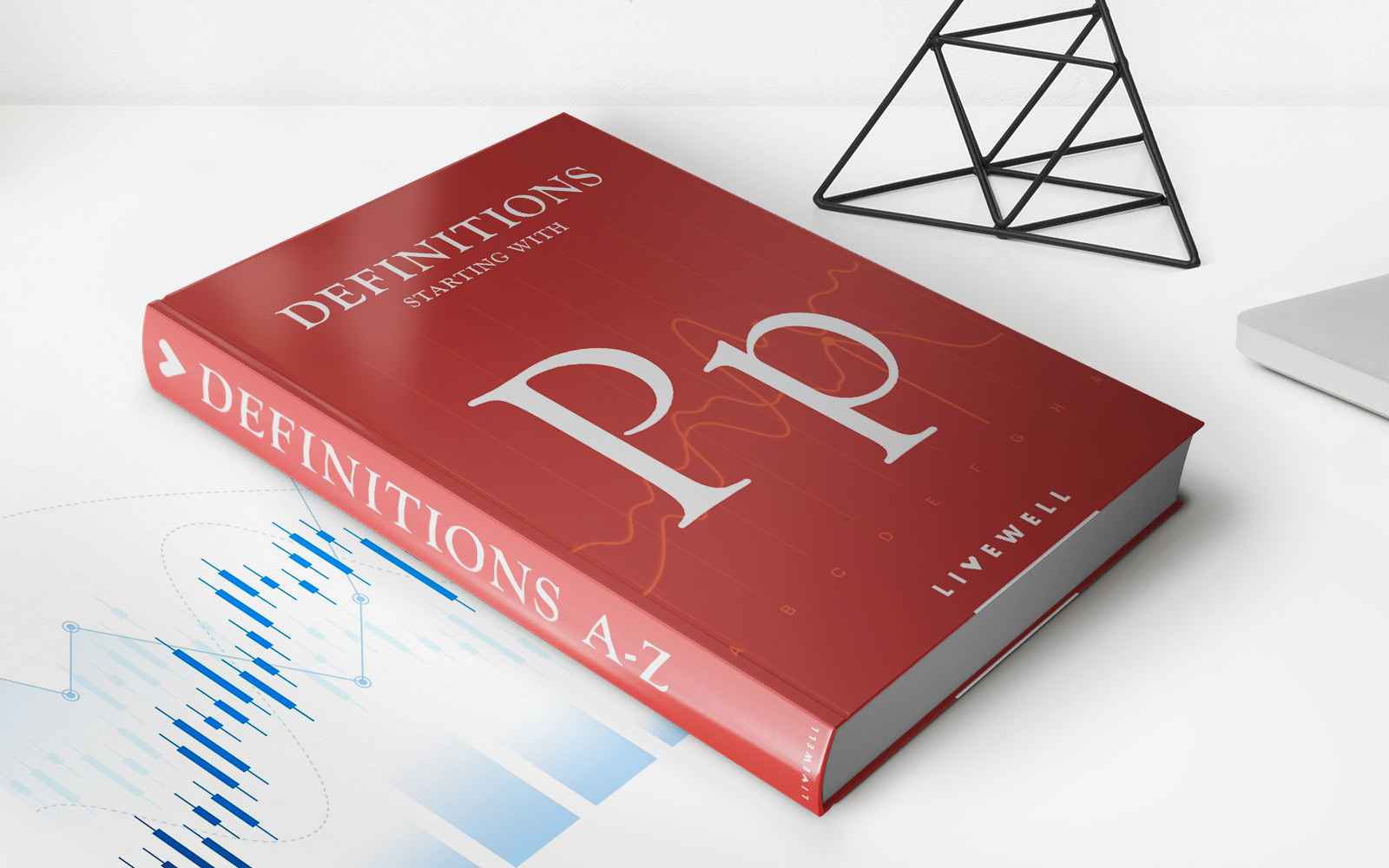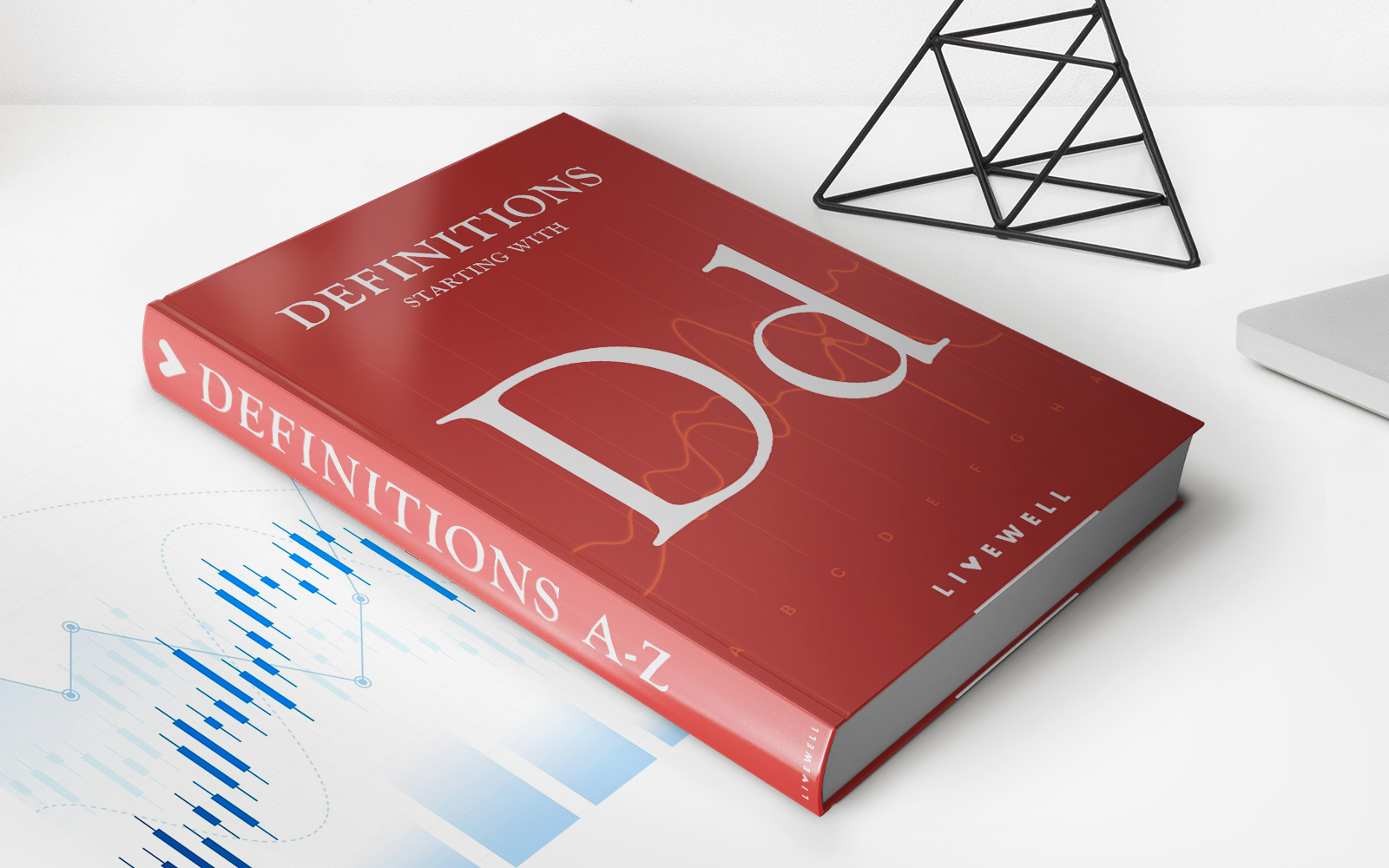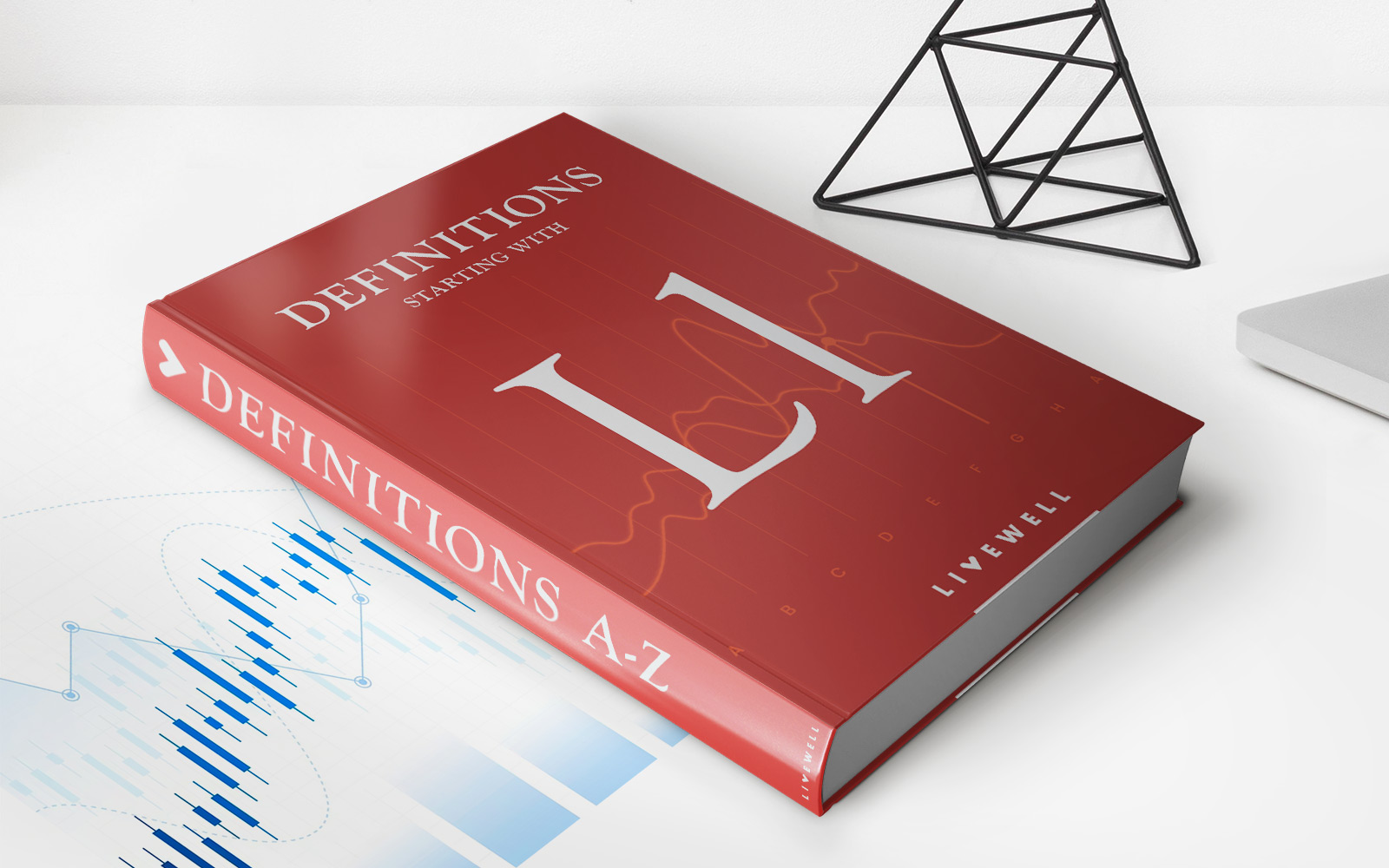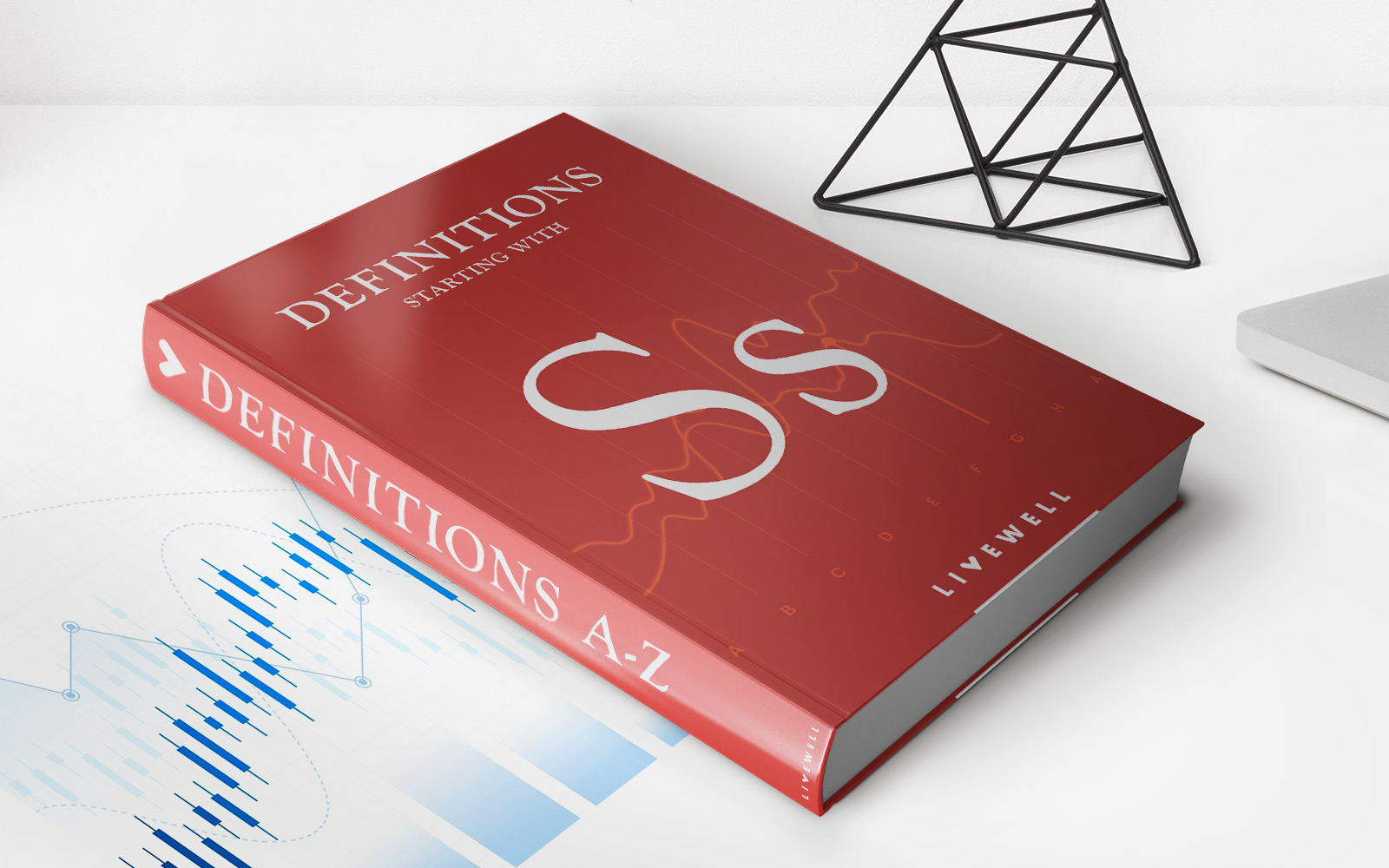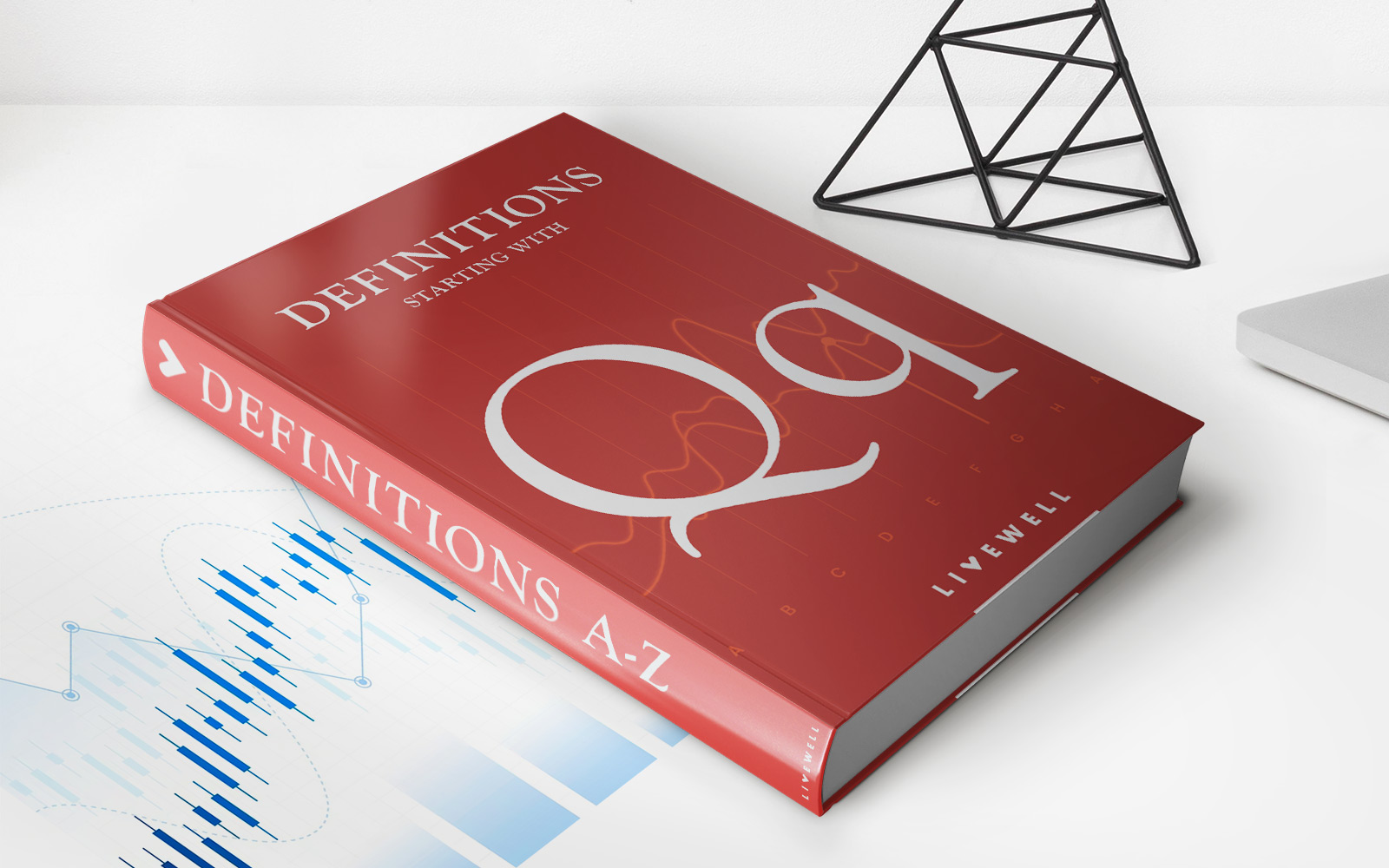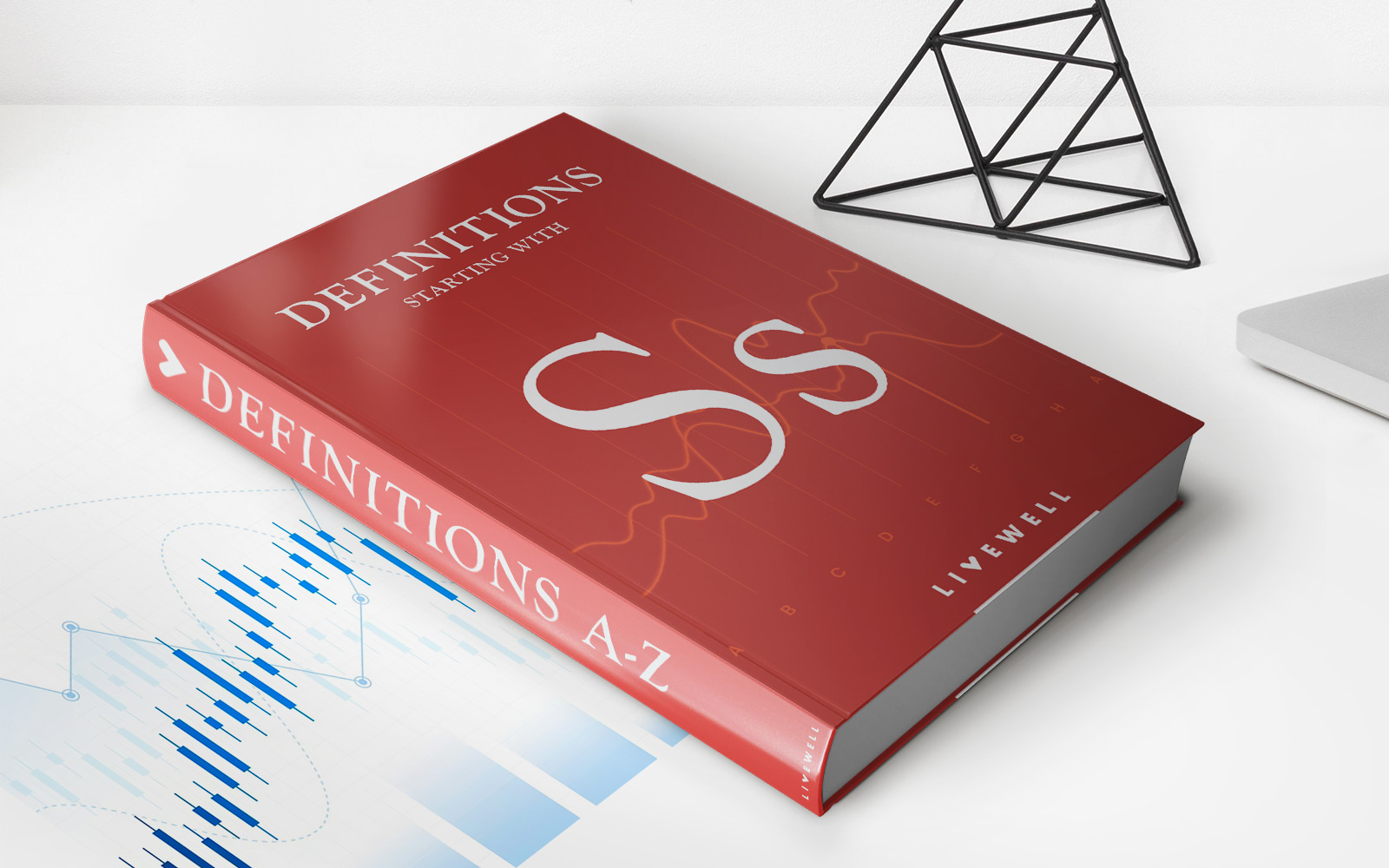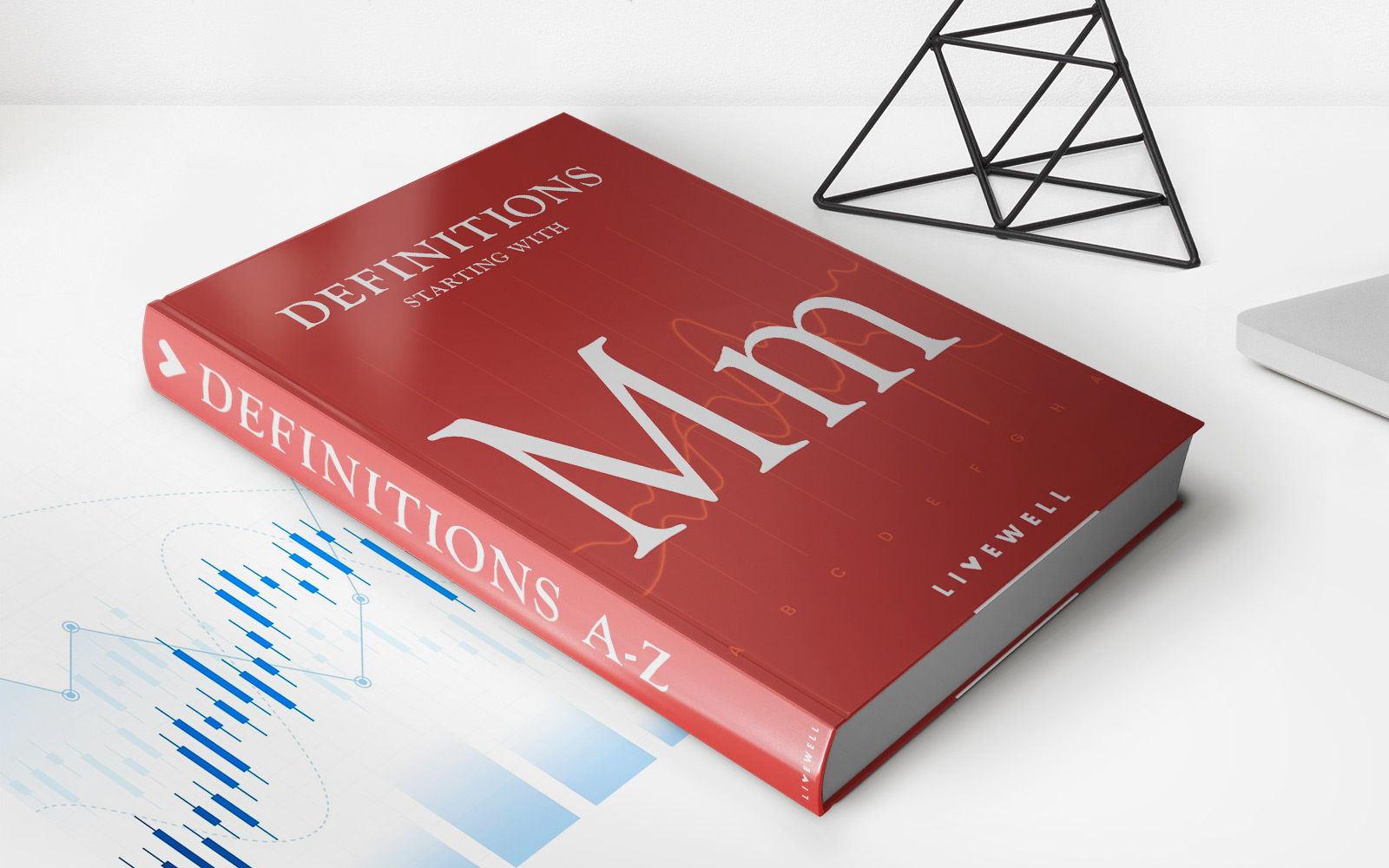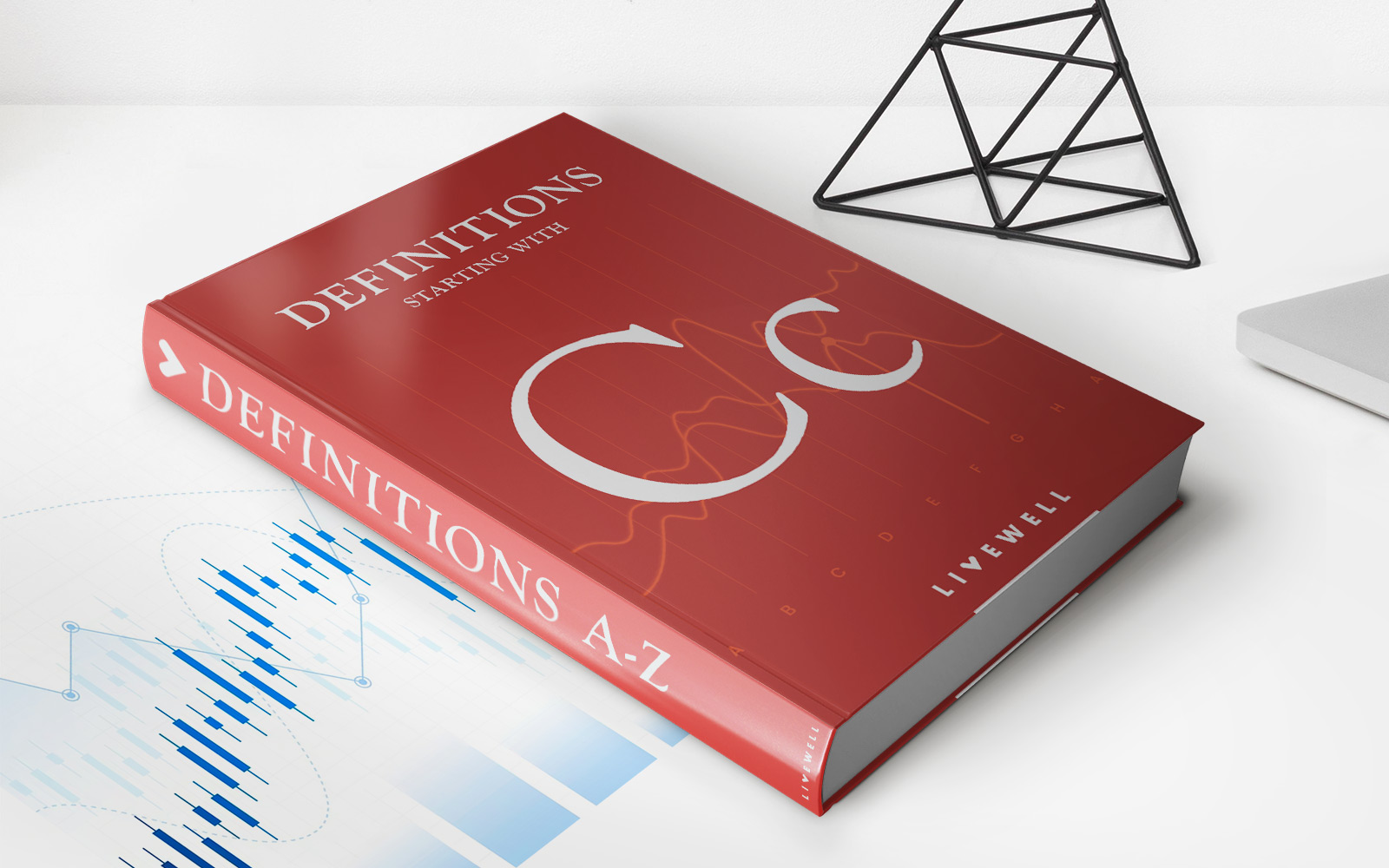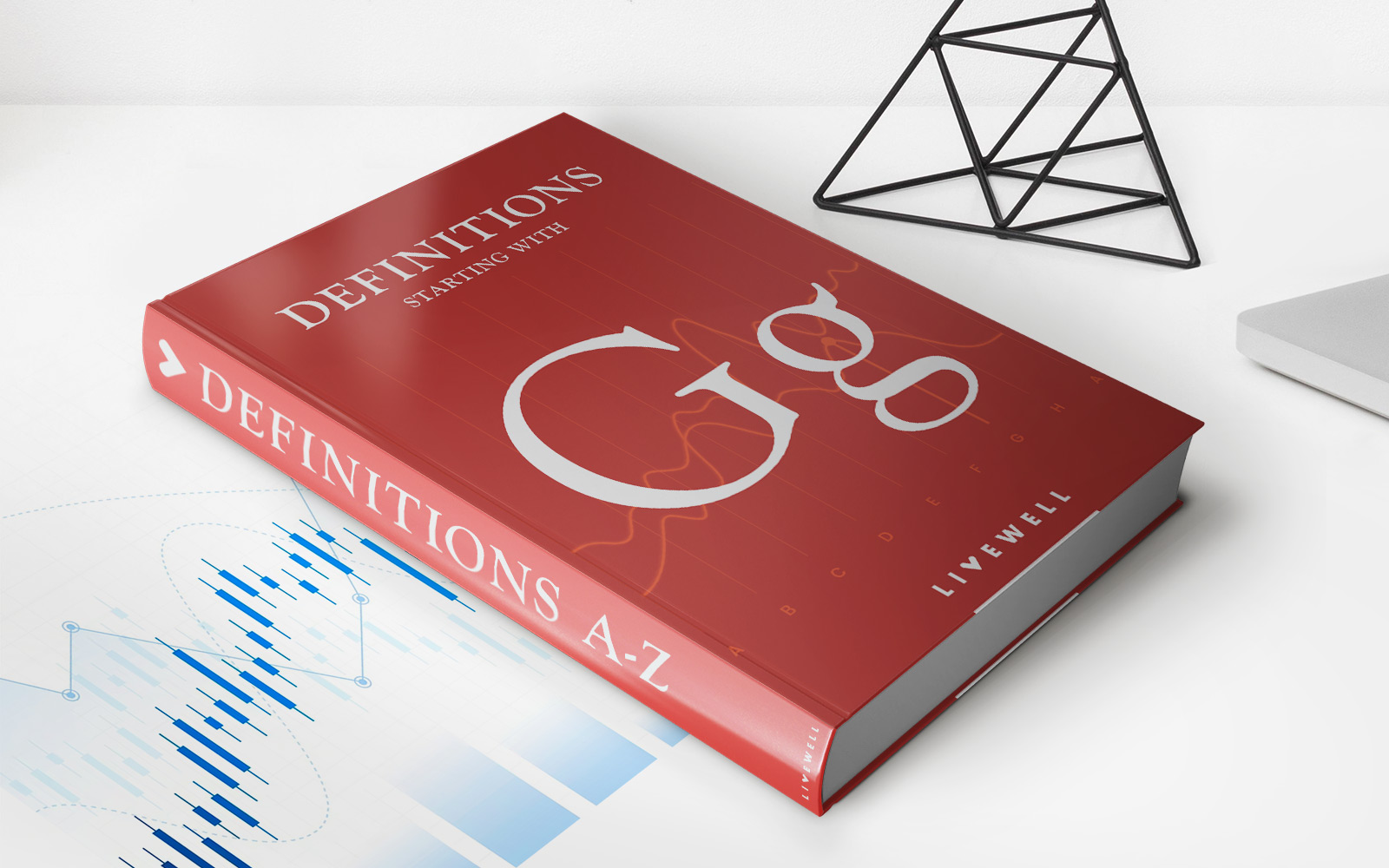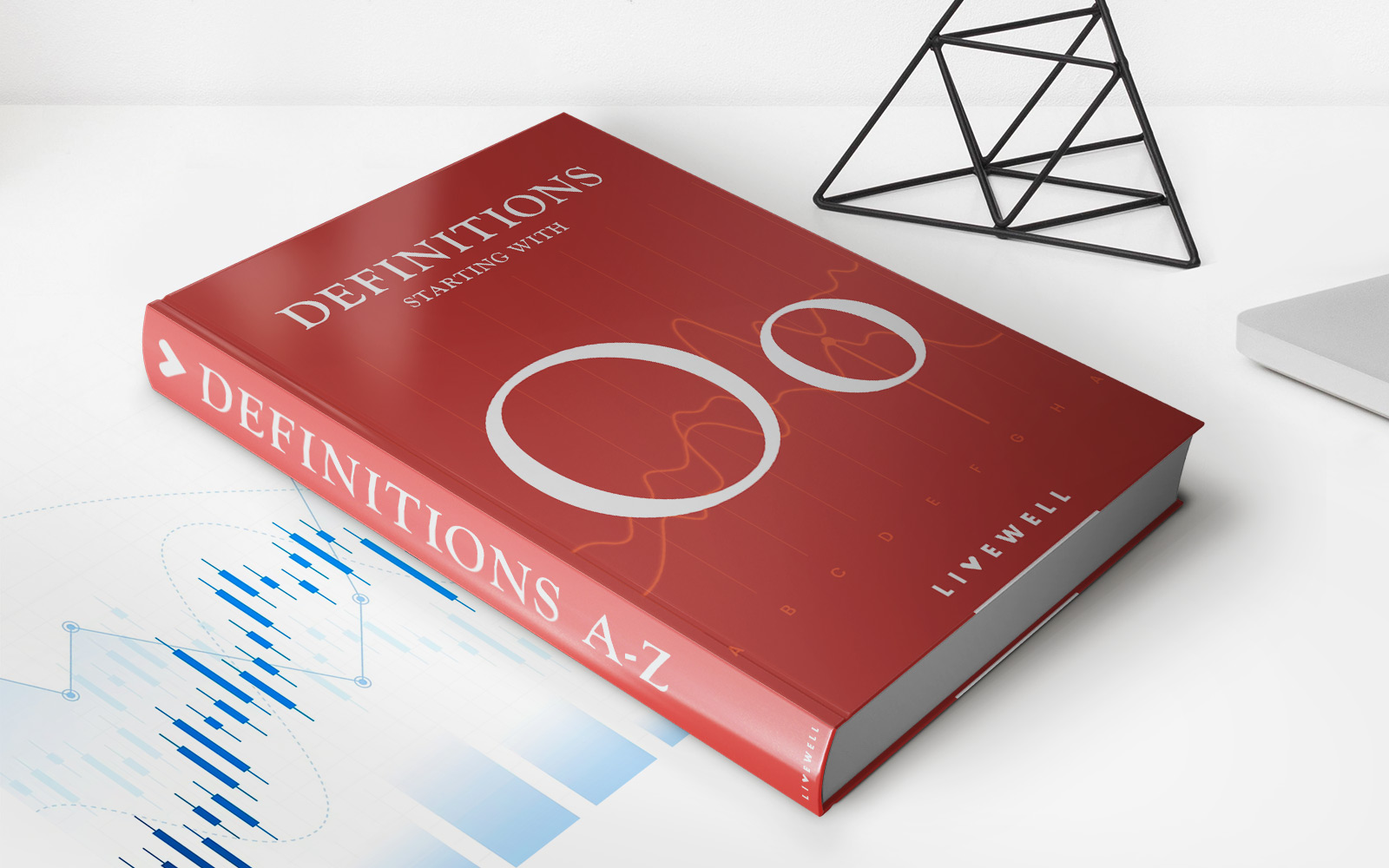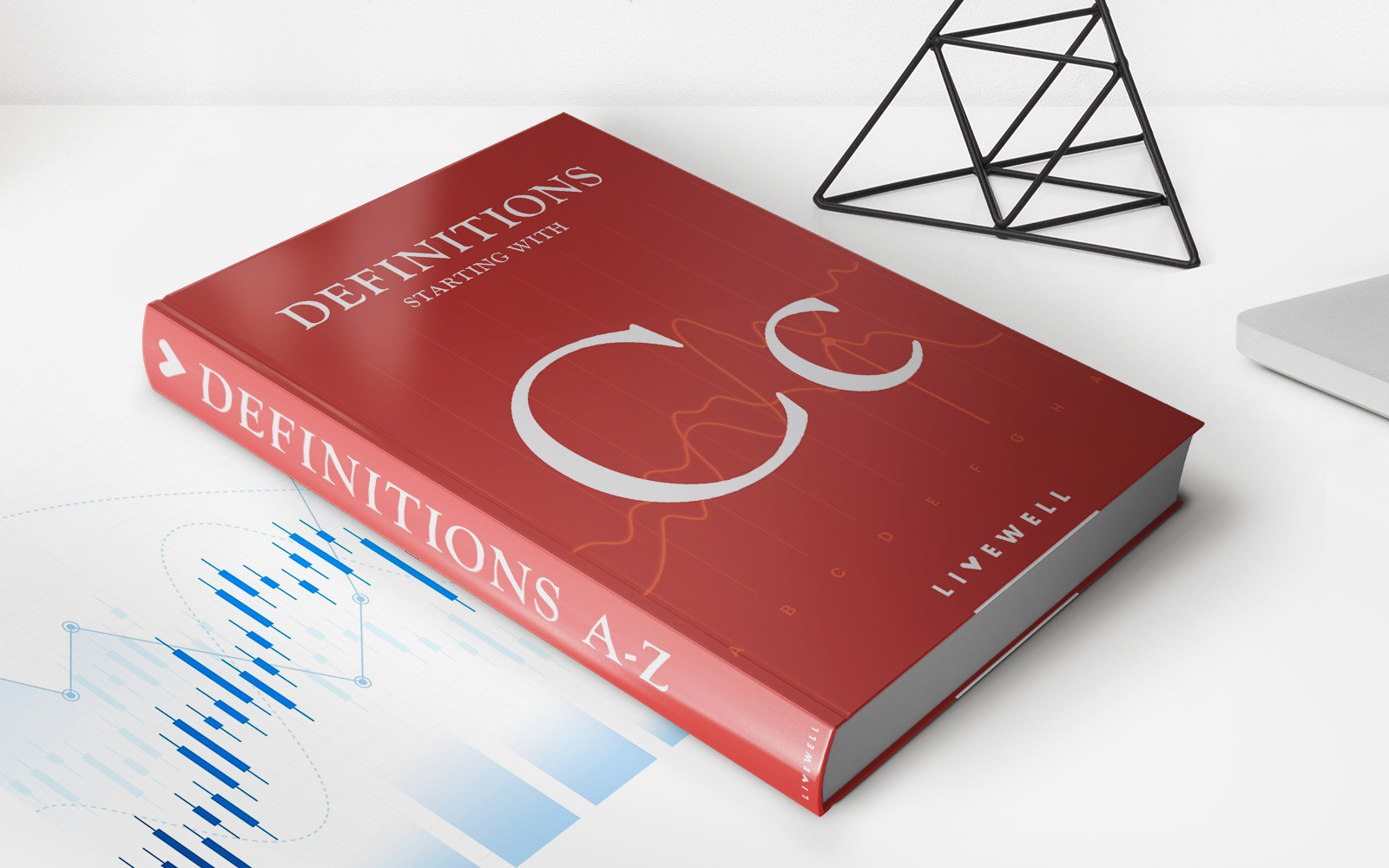

Finance
Credibility Theory Definition
Published: November 4, 2023
Discover the meaning of credibility theory in finance and how it influences financial decision-making. Explore the principles and applications behind this essential concept.
(Many of the links in this article redirect to a specific reviewed product. Your purchase of these products through affiliate links helps to generate commission for LiveWell, at no extra cost. Learn more)
The Guide to Understanding Credibility Theory in Finance
When it comes to the world of finance, there are many complex theories and concepts to understand. One such theory that plays a crucial role in insurance pricing and risk management is credibility theory. But what exactly is credibility theory, and how does it impact the financial industry? In this blog post, we will delve into the definition, application, and benefits of credibility theory in finance.
Key Takeaways:
- Credibility theory is a statistical concept used in insurance pricing and risk management.
- It allows insurers to estimate the probability of future events based on historical data and individual experience.
Credibility theory, in simple terms, refers to the process of using historical data and individual experience to estimate the probability of future events. In the context of finance, it is commonly utilized in insurance pricing and risk management. By understanding credibility theory, insurers can make informed decisions about premiums, reserves, and coverage limits, reducing the level of uncertainty associated with these variables.
So, how does credibility theory work? Let’s break it down into a few fundamental components:
1. Credibility Weight
In credibility theory, a credibility weight is assigned to each piece of data based on its relative importance. This weight is determined by considering the amount of data available, the variability of the data, and the credibility given to the source of the data. Higher credibility weights are assigned to data with lower variability and more reliable sources, while lower weights are given to data that may be less reliable or have higher variability.
2. Individual and Collective Experience
Credibility theory recognizes the significance of both individual and collective experience. Individual experience refers to the specific data related to a particular policy or risk, while collective experience incorporates broader industry data and trends. By combining these two types of experience, credibility theory allows insurers to strike a balance between tailoring pricing to individual risks and leveraging industry-wide data for more accurate predictions.
Now that we understand the basics of credibility theory, let’s explore its advantages in the context of finance:
Benefits of Credibility Theory in Finance:
- Risk Assessment: By utilizing credibility theory, insurers can assess risk more accurately, considering both individual and industry-wide factors. This enables them to set premiums and reserves that align with the level of risk associated with each policy.
- Profitability: Credibility theory helps insurers maintain profitability by ensuring that premiums are neither too high, leading to a loss of customers, nor too low, resulting in inadequate coverage for potential losses.
In conclusion, credibility theory is a valuable tool in the field of finance, specifically in insurance pricing and risk management. By leveraging historical data and individual experience, insurers can estimate the probability of future events with more confidence and make well-informed decisions. Through the application of credibility theory, risk assessment becomes more accurate, ultimately leading to improved profitability for insurers and better coverage for policyholders.
